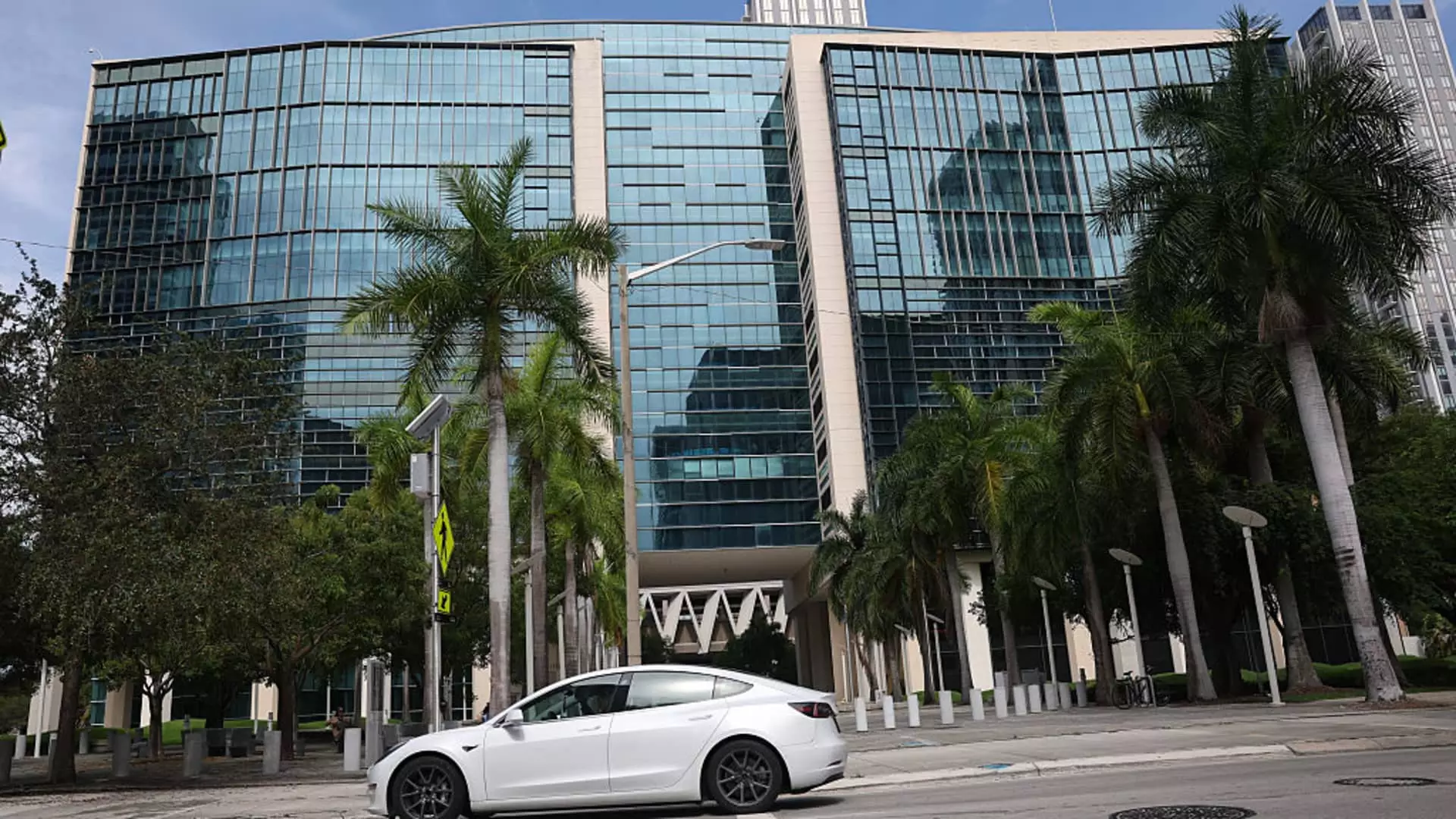The ongoing lawsuit against Tesla marks a pivotal moment in the evolution of autonomous driving technology, as well as corporate accountability in the rapidly expanding electric vehicle industry. This case is not simply about one tragic accident; it serves as a litmus test for how automakers, especially those engaged in developing semi-automated driving aids, communicate risks and manage safety concerns. With the plaintiffs demanding $345 million in damages, this trial underscores the stakes involved—both financial and moral—and raises profound questions about the ethical responsibilities of technology companies pushing the boundaries of innovation.
Testimony and evidence suggest that Tesla’s Autopilot system was marketed in a manner that may have fostered dangerous overreliance among drivers. The fact that a jury is being asked to weigh whether Tesla’s representations about Autopilot’s safety were misleading reflects a broader societal concern: Are autonomous vehicle technologies genuinely ready for widespread use, or are they being prematurely promoted for profit? This lawsuit implicitly challenges the narrative that Tesla has created around its Autopilot system, alleging that the company prioritized hype and shareholder interests over genuine safety.
The Human Toll and the Driver’s Misconceptions
The tragic loss of Naibel Benavides and the injuries sustained by Dillon Angulo are stark reminders that autonomous or semi-autonomous driving systems are not infallible. The incident also exposes critical vulnerabilities in how drivers understand and interact with these systems. The victim’s family and survivor’s testimony reveal a devastating reality: drivers may believe that Autopilot offers a level of safety that it simply cannot deliver, leading to complacency or misuse.
The assertion that McGee believed Autopilot would brake automatically highlights a dangerous misconception—the assumption that automation can compensate for driver inattention or distraction. When combined with the fact that McGee was distracted by a mobile phone, it illuminates the risks of a false sense of security fostered by aggressive marketing and ambiguous system limitations.
This case should serve as a wake-up call for automakers: autonomous systems are tools that require diligent and informed use, not perfunctory trust. If the public is misled into believing that they can relinquish complete control, the cost could be human lives.
Corporate Responsibility and Ethical Dilemmas
Tesla’s defense hinges on a narrative that emphasizes innovation, safety initiatives, and user responsibility. The automaker argues that it has provided clear instructions on how to operate Autopilot, implying that any misuse is the driver’s fault. However, this stance raises uncomfortable questions about corporate transparency and the ethics of pushing technology before it has proven to be fully reliable.
The allegations that Elon Musk and Tesla made exaggerated claims about Autopilot’s capabilities essentially accuse the company of potentially prioritizing shareholder value over public safety. This raises an ethical dilemma: to what extent should companies be held accountable for overpromising benefits or understating risks to accelerate market dominance? Tesla’s case exemplifies the danger of conflating technological potential with immediate safety assurance.
Moreover, the notion that Tesla may have been reckless in its development efforts suggests a broader industry issue. Are automakers rushing autonomous features to beat competitors, sacrificing safety for speed? The court’s scrutiny could set a precedent that influences future regulations and corporate practices within the industry.
The Broader Impact and Future Implications
This landmark lawsuit could fundamentally alter how autonomous vehicle technologies are perceived and regulated. If the jury finds Tesla at fault for negligence or reckless disregard, it would send a powerful message about the importance of rigorous safety standards, honest marketing, and thorough testing in the development of semi-autonomous systems.
On the other hand, a verdict favoring Tesla might embolden other automakers to accelerate their autonomous programs without fully accounting for the risks involved. Either outcome will influence not only legal standards but also public trust in emerging automotive technologies.
In either case, the case highlights that autonomous driving is still in its infancy—fraught with complexities, uncertainties, and ethical dilemmas that must be addressed transparently. The hope remains that this trial will catalyze a more responsible approach to innovation—one that places human safety above profits and bravado.

